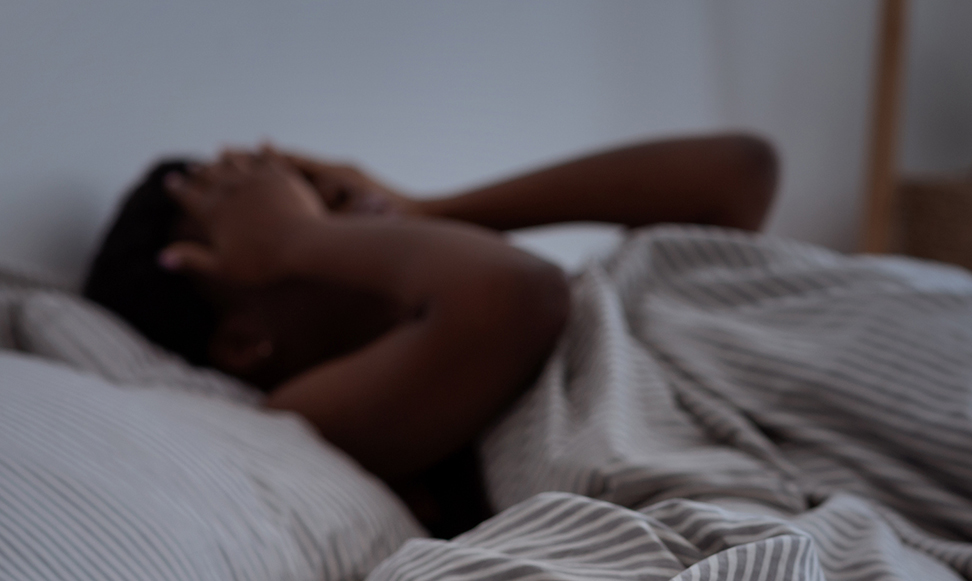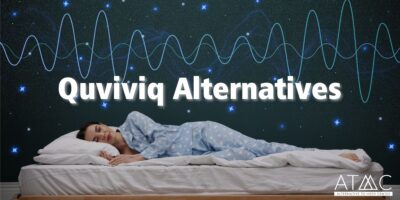There is little doubt that at some point in your life, you have been given the advice to get plenty of sleep. This advice exists because sleep is an essential component of finding healing from many of the ailments humans can experience. Unfortunately, for many, sleep is elusive for a multitude of reasons. Whether sleepless nights occur when you’re burning the candle at both ends for work, binge-watching your favorite show, or due to everyday stress and anxiety, missing sleep can quickly begin to contribute to the very problems that led to wakefulness in the first place.

What Is Insomnia?
Insomnia is a sleep disorder characterized by frequent trouble falling asleep, trouble staying asleep, or diminished quality of sleep regardless of environmental conditions. When these symptoms occur, they can impact your ability to function. Overtiredness due to insomnia can leave you feeling drained, exhausted, and unable to complete tasks as you normally would.1
The causes of insomnia can vary depending on the individual, with excess stress, mental health symptoms, chronic pain, long-lasting illness, conditions like thyroid issues and even menopause, and poor sleep habits contributing separately or together. If you’re like many people, though, the cause of your sleeplessness may be no further away than your medicine cabinet. According to one study, medications listing insomnia as a side effect have increased reports of insomnia by 64% for those who take one medication with this side effect and 164% for those who take two or more. This means taking medications can put you at greater risk of suffering from insomnia strictly because of your use of OTC or prescription drugs.2
Understanding Insomnia
Researchers have identified two primary forms of insomnia regardless of their cause. 1 The first, short-term insomnia, occurs when you are experiencing factors that cause insomnia or your sleep environment is impacted on a temporary basis. This short-term sleep issue can last for as little as a few days or a few weeks.
The second type of insomnia is known as chronic insomnia. As the name suggests, chronic insomnia is persistent and frequent. Chronic insomnia symptoms occur three or more times a week, last for three months or longer, and cannot be attributed to any other medical condition.
Insomnia can be explained by imagining your brain and body as a dynamic, complex computer system. Putting your computer in sleep mode does not shut it down entirely but instead allows the drive, fan, memory, and other components a chance to switch off and rest, slowing down wear and tear and enabling them to continue operations much longer in the future. In the same way, sleep gives your brain, muscles, and organs time to rest and recharge, allowing them to continue to function the way they are supposed to.
This is especially true of the brain. When you are sleep-deprived, you may find it difficult to make decisions, solve problems, control your behavior and emotions, and adjust easily to change. Like the “thinking” components of a computer, when the brain cannot process efficiently, it can lead to a greater risk of issues. For some, lack of sleep can lead to depression, anxiety, or destructive behaviors such as substance use disorders.3












